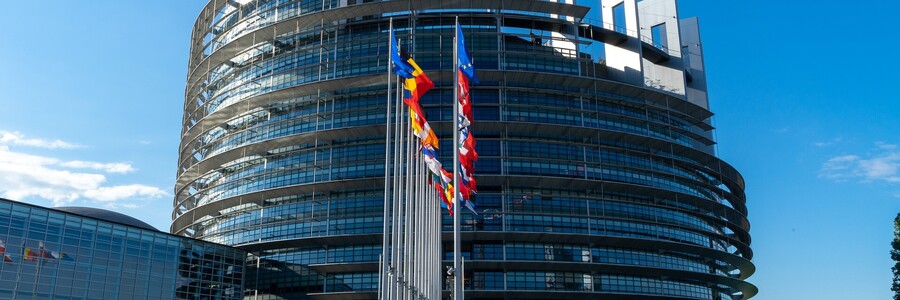The trialogue falters
In recent weeks, the so-called trialogue between the EU Parliament, the Council and the EU Commission has faltered. There has been little progress on any of the major points of contention, such as the green architecture or the design of the implementation model. In addition, major issues such as the budget breakdown between the instruments have not even come up yet. For this reason, the Portuguese Council Presidency had scheduled a so-called "super" trilogue for 26 March. The negotiations were to be intensified during this meeting in the hope of achieving a breakthrough on at least some points.
What is on the agenda?
The trilogues traditionally take place in secret. However, the leaked information of the last few weeks allows us to draw conclusions about what might have been on the agenda:
On the one hand, there are discussions about the design of the implementation model. At least the Council and the Parliament agree that the monitoring of target achievement should only take place every two years instead of annually as proposed by the EU Commission. Open questions remain, however, about the number of indicators, among other things. The Council calls for the smallest possible number of indicators to measure the progress of the Member States in implementation. The EU Commission, however, would like to see the list extended in order to do justice to the goals of the Green Deal and to be able to measure how much the CAP contributes to those goals. The EU Commission's proposal would be welcome from an environmental point of view.
There is a major dispute over the so-called social conditionality: in addition to environmental requirements, the EU Parliament wants direct payments to be tied to compliance with basic labour protection and social requirements - an important demand in view of the millions of precarious workers in the sector. The member states, on the other hand, fear the administrative burden, and the European farmers' association COPA&COCGECA is also opposed.
Stricter environmental regulations are also being discussed. The aim is to avoid environmentally damaging investments that run counter to European environmental standards such as the Nitrates or Water Framework Directives. Some positive ideas are under discussion, such as earmarking 30% for sustainable investments in environmental protection in the second pillar and a negative list of harmful investments.
Where do we go from here?
No one in Brussels believes that the negotiations are over after the "super" trialogue. The official wish of the three institutions is to reach an agreement by May. In any case, this sluggish progress casts a skewed light on the BMEL's efforts to knock down important pegs for the German implementation of the CAP, if possible still in March. Preliminary decisions are already being taken, for example, on the share of non-productive land or the budget for eco-schemes, for which it is not yet foreseeable what the European requirements will be.

